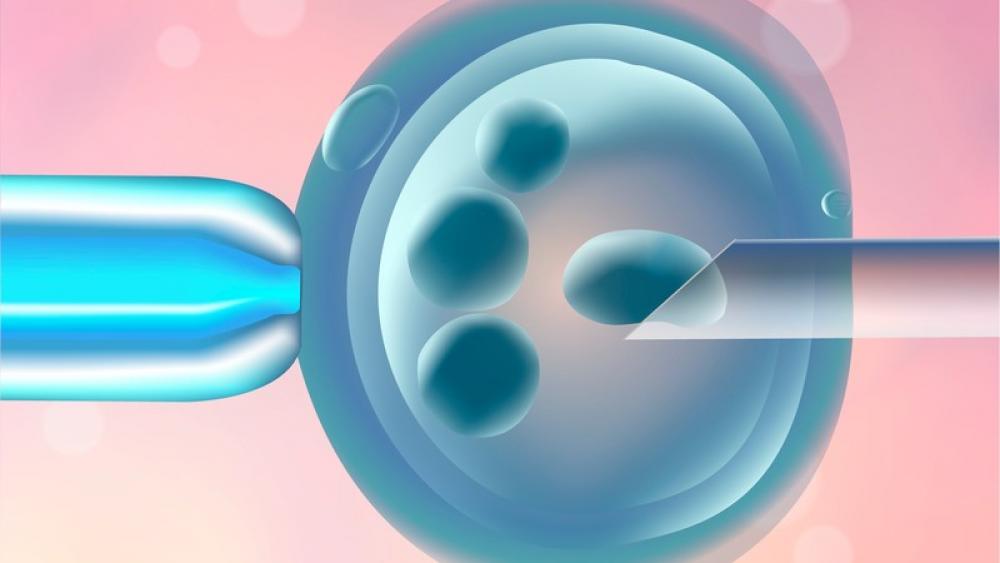Donor Egg Services

Egg donation is when a woman (donor) gives her eggs to another woman (recipient) to allow the recipient to have a baby. To donate eggs, the donor must be given medications that will cause her to develop multiple eggs over a single cycle. The eggs are then removed from the donor by placing a needle that is attached to an ultrasound probe through the vaginal tissues.
The eggs are then gently aspirated (suctioned) from the ovaries. Once the eggs are removed, they are evaluated by an embryologist. Then sperm from the male partner or a sperm bank is placed around or injected into each egg. This process is called in vitro fertilization (IVF).
Egg donors are women, usually between the ages of 21 and 34, who are willing to provide their eggs to a recipient. They may be anonymous (unknown) or known to the intended parents. Anonymous donors are recruited through egg donation programs or agencies and are not known to the recipient. However, some couples find donors through advertisements. Recipients should be cautious about recruiting donors without the use of an intermediary to screen the donors and should strongly consider seeking legal counsel. Known (also called directed) donors are generally a close friend or relative of the recipient.
Who needs donor eggs?
- You are over 45 years of age
- You have premature ovarian failure
- You have poor egg quality
- You have a low ovarian reserve
- You have had multiple failed IVF cycles
- Genetic disorders run in your family
Evaluation of the recipient is similar to that of couples undergoing routine IVF. This should include a comprehensive medical history from both partners, including blood type and Rh factor, and testing for sexually transmitted diseases including HIV, hepatitis, gonorrhea, chlamydia, and syphilis. The couple should be counseled by a mental health professional about the complexity of the decision to use donor eggs.
The recipient should have a pelvic exam and an assessment of her uterus (womb). If she is over 45 years old, a more thorough evaluation should be done, including an assessment of heart function and risk of pregnancy-related diseases. She may also be advised to see a doctor who specializes in high-risk pregnancy. The male partner’s sperm should be analyzed and appropriate genetic screening should be obtained based on his history and ethnic background.
